Find Help
More Items From Ergsy search
-
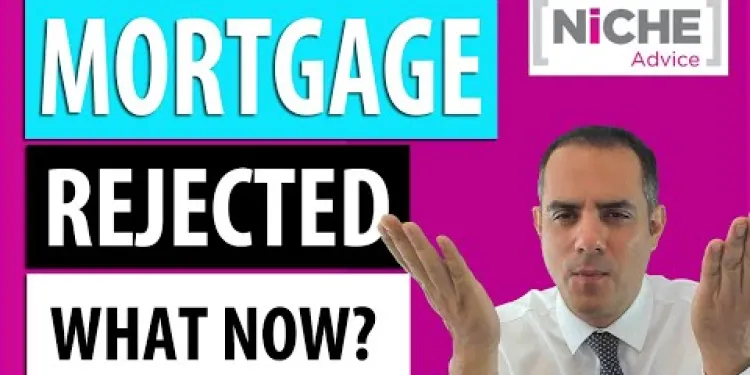
Turned down for a mortgage? Find out why and what to do
Relevance: 100%
-

Mortgage Turned Down In The UK - Why mortgage applications are declined
Relevance: 97%
-

Mortgage on Inherited Property - How we can help you with the finance
Relevance: 92%
-

5 Broker Exclusive Buy to Let Mortgage Lenders you need to know about as a Landlord
Relevance: 90%
-
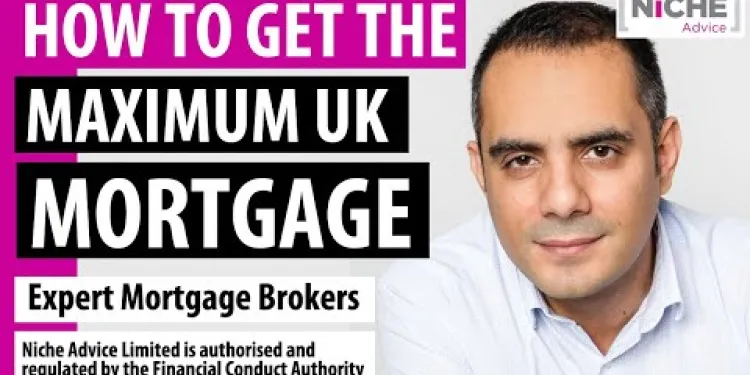
Getting the maximum mortgage in the UK
Relevance: 90%
-

How much can I borrow for a mortgage UK - getting the Maximum Mortgage
Relevance: 88%
-
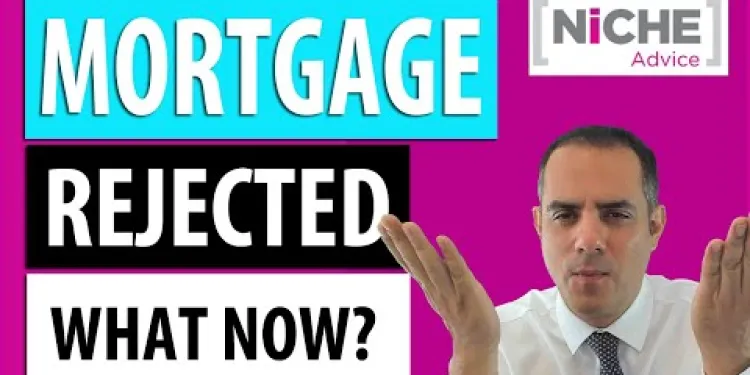
Turned down for a mortgage? Find out why and what to do
Relevance: 88%
-

The Ultimate Buy-To-Let Mortgage Breakdown
Relevance: 88%
-

What is an 'interest only' mortgage?
Relevance: 87%
-

Is redirecting a security camera a solution?
Relevance: 86%
-
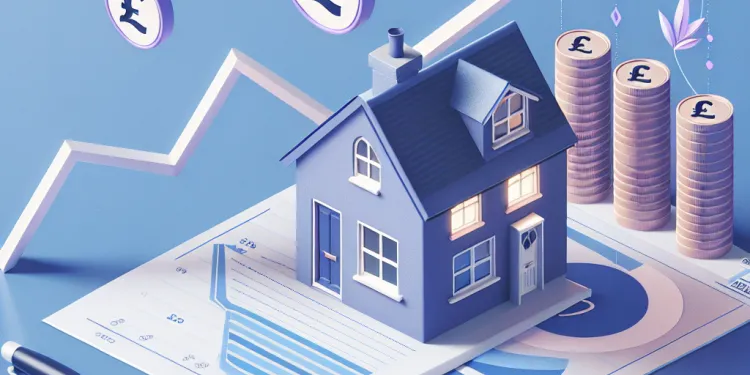
What should I do if I can't afford my mortgage payments due to rising interest rates?
Relevance: 85%
-
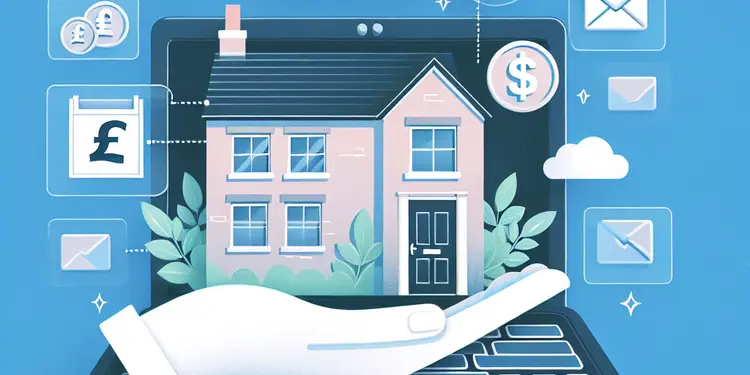
Is there assistance available for rent or mortgage payments?
Relevance: 85%
-

Mortgage Overpayment and Flexible Features Explained
Relevance: 85%
-

Highest Income Multiple Mortgage Lenders Revealed - Good and Bad Points
Relevance: 84%
-

Uk Buy to Let for Older Clients - Mortgage Options Tips and Criteria
Relevance: 84%
-
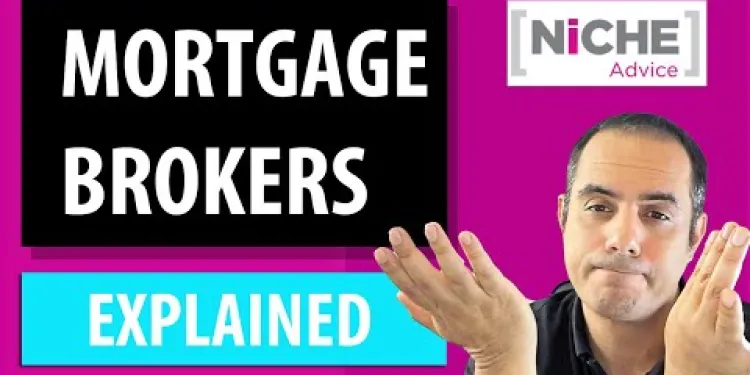
Selecting a Mortgage Broker - how they differ and what to watch out for
Relevance: 83%
-
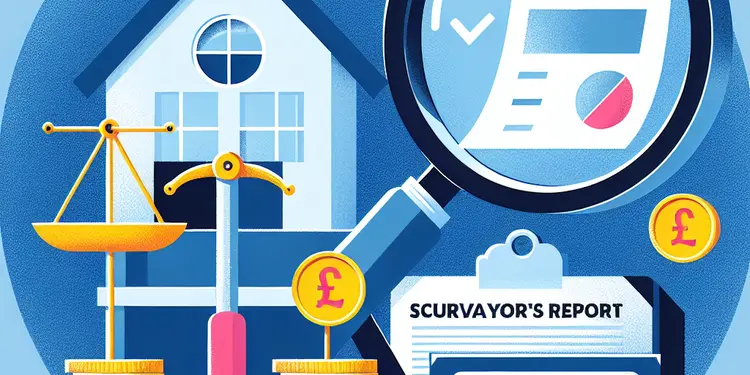
Is a mortgage valuation the same as a surveyor's report?
Relevance: 83%
-
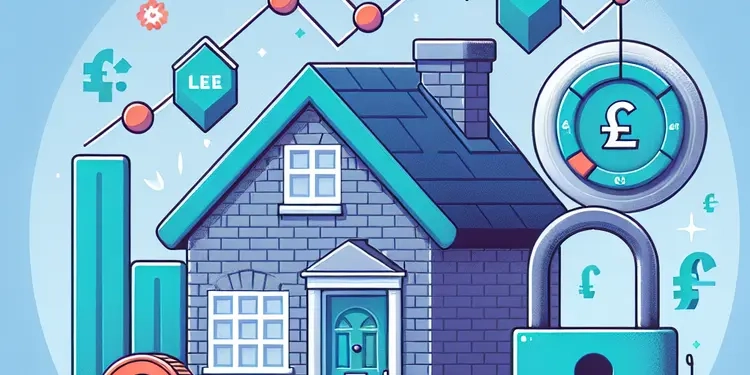
What does it mean to "Fix My Mortgage Rate"?
Relevance: 81%
-
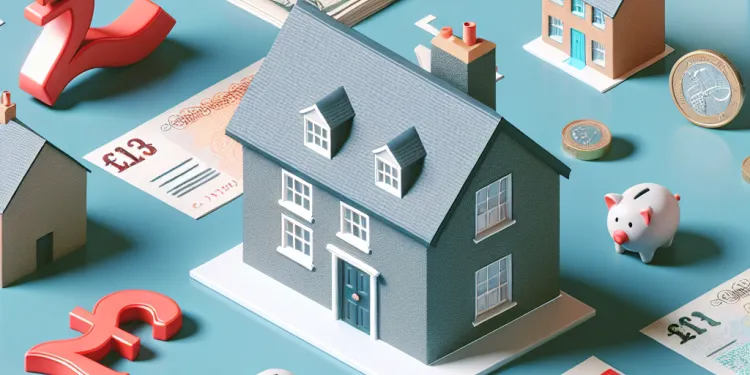
Can Stamp Duty be included in a mortgage in the UK?
Relevance: 81%
-
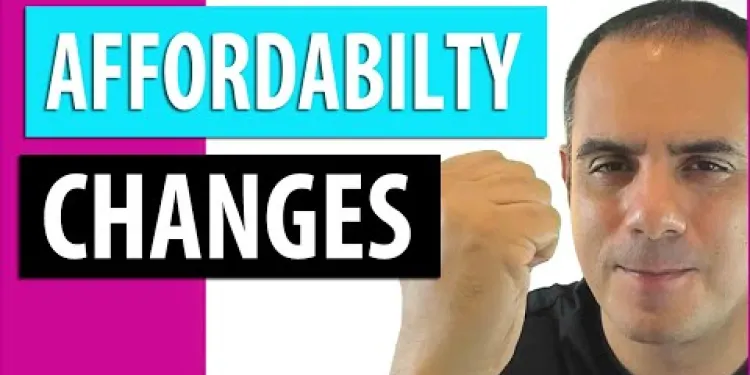
Mortgage Regulator removes the need for further affordability stress tests
Relevance: 81%
-

Is mediation a viable solution?
Relevance: 79%
-

Will my fixed-rate mortgage payments change with interest rate fluctuations?
Relevance: 79%
-
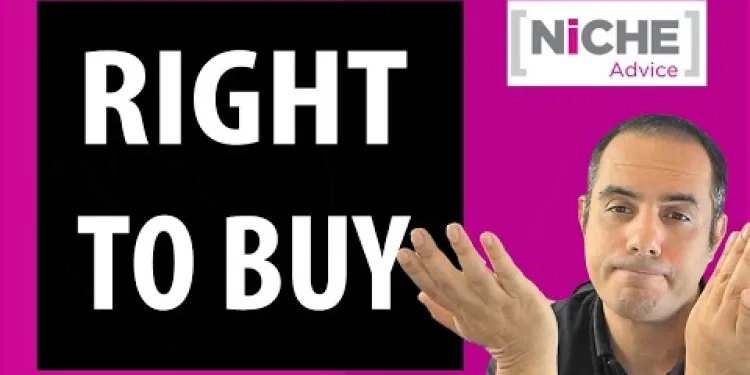
RIGHT TO BUY MORTGAGE - LET ME SAVE YOU TIME AND MONEY
Relevance: 79%
-

How do interest rate changes affect my mortgage payments?
Relevance: 78%
-
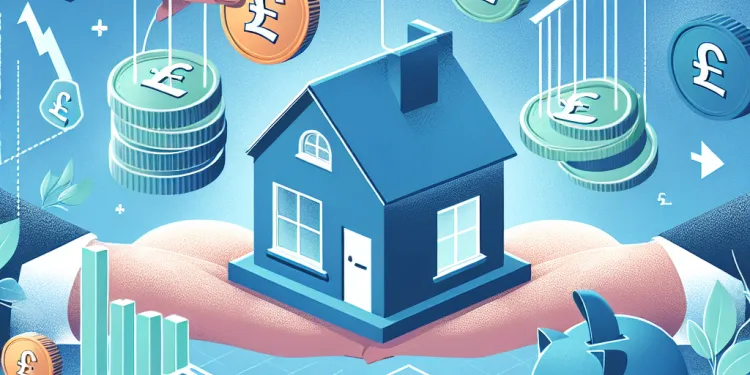
Is it possible to switch my mortgage type if interest rates become unfavourable?
Relevance: 78%
-

Using 100% of your Second Income for a Mortgage Application
Relevance: 77%
-
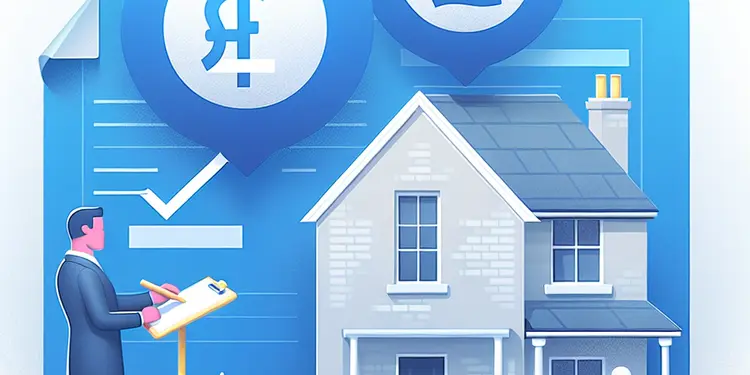
Can I use the surveyor recommended by my mortgage provider?
Relevance: 77%
-

HMO Mortgage Truths - how to get the best Finance option including Bridging Loan Criteria
Relevance: 76%
-
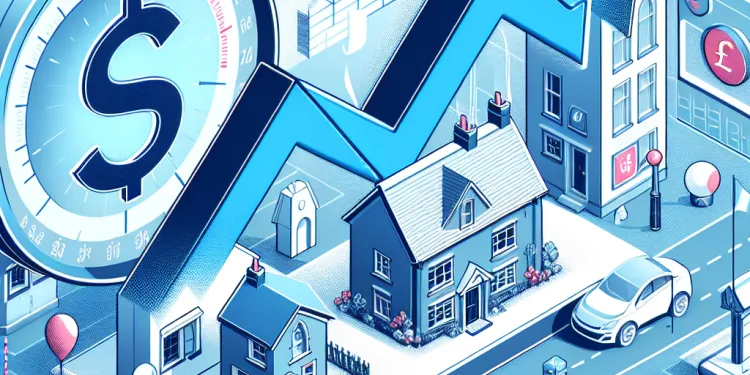
What is a tracker mortgage and how does it respond to interest rate changes?
Relevance: 76%
-

First Time Buyer Buy to Let Finance Options. Lending Criteria on Mortgage and Bridging Finance
Relevance: 76%
-

Can I get a Buy to Let Mortgage With My 18 Year Old Son
Relevance: 74%
-

First Time Buyer Buy to Let Finance Options. Lending Criteria on Mortgage and Bridging Finance
Relevance: 74%
-
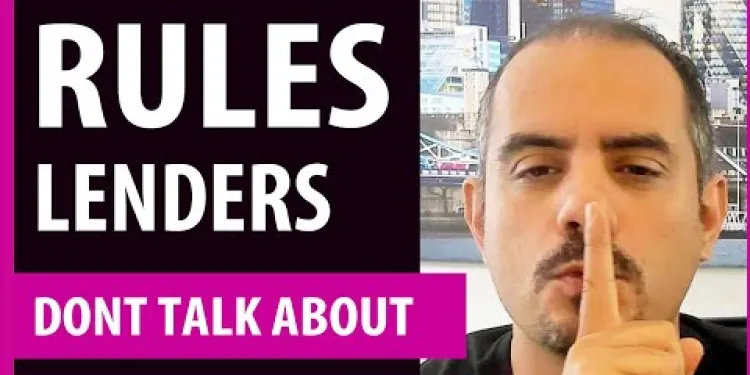
UK Mortgage Rules Lenders Don't Talk About - Debt To Income Ratio
Relevance: 74%
-
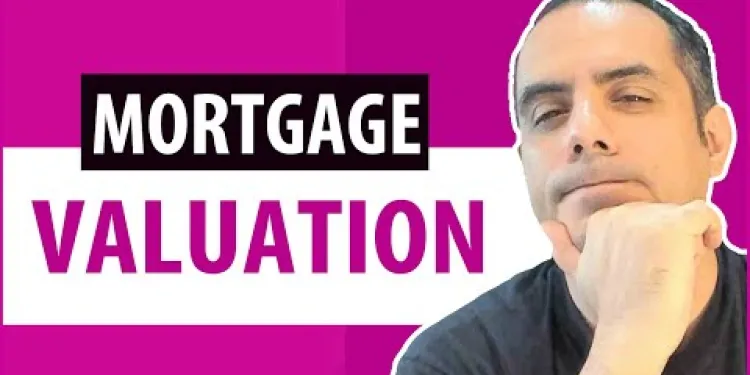
Can Mortgage lenders work from my own Survey Valuation Report?
Relevance: 73%
-
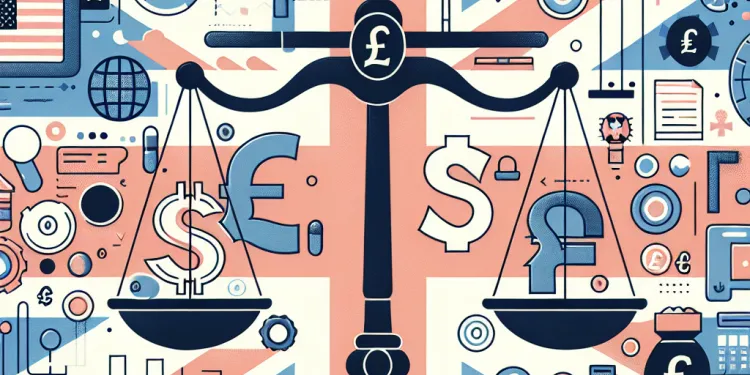
How can I ensure my solution is within legal boundaries?
Relevance: 72%
-
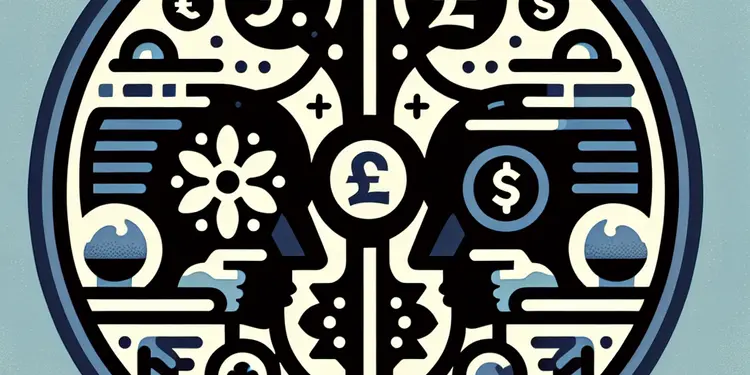
Can mediation be a solution for director disputes?
Relevance: 71%
-
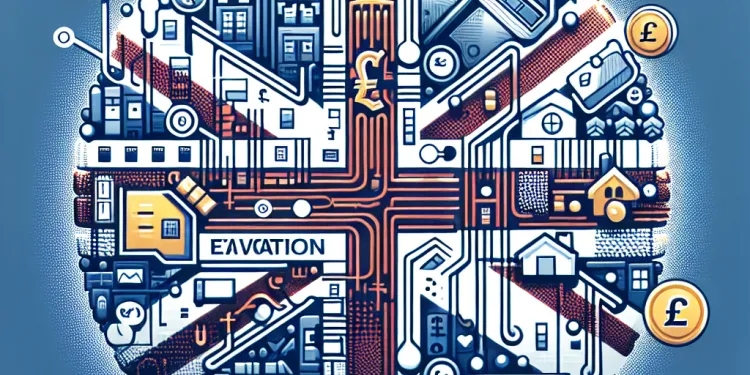
Can my landlord evict me without providing a reason?
Relevance: 69%
-
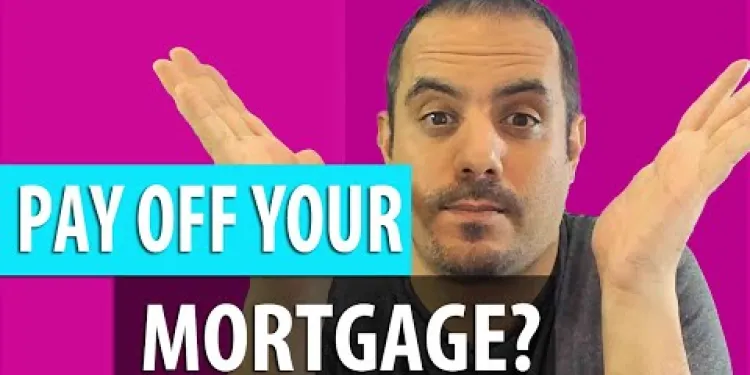
Should you Pay down your Residential Mortgage?
Relevance: 68%
-

Owed money? - Professional UK Debt Collectors - 1st choice solution
Relevance: 67%
-

Addressing the Housing Crisis: Current Challenges and Solutions
Relevance: 66%
Turned Down for a Mortgage? Find Out Why and What to Do
Understanding Why Your Mortgage Application Was Declined
Being denied a mortgage can be disheartening, especially when you’ve set your sights on a new home. Understanding the common reasons for rejection can help you identify the specific factors that led to the decision. In the UK, mortgage lenders are bound by strict regulations, and applications may be declined due to credit history issues, insufficient income, or unstable employment. Outstanding debts and a low credit score are often culprits. Additionally, lenders assess your debt-to-income ratio to ensure you can afford the loan payments. If you haven’t saved enough for a deposit, or your documentation lacks consistency, these could also be contributing factors.
Steps to Take After a Mortgage Rejection
Once you understand why your application was unsuccessful, it’s time to take action. Begin by obtaining a copy of your credit report from credit reference agencies like Experian, Equifax, or TransUnion. Scrutinize the report for inaccuracies and address any errors. If high levels of existing debt are an issue, consider consolidating your debts or seeking financial advice to manage them effectively. It’s also crucial to ensure that all your financial records and employment details are up to date and accurately presented. Saving for a larger deposit could improve your chances, as it reduces the lender’s risk and can give you access to better rates.
Improving Your Chances for Future Applications
Strengthening your financial profile is key to increasing your likelihood of mortgage approval in future applications. Work on improving your credit score by making timely payments and staying within your credit limit. You may want to reduce the number of credit applications you make, as too many can negatively impact your score. Building a steady employment record or increasing your income can also make your application more appealing to lenders. Consider consulting with a mortgage broker, who can match you with lenders that suit your financial situation and goals. Patience and preparation are vital; take the time to build your financial standing and creditworthiness before reapplying.
Turned Down for a Mortgage? Find Out Why and What to Do
Why Your Mortgage Application Was Declined
It can be upsetting if you can't get a mortgage to buy a house. There are common reasons this might happen. In the UK, rules for lenders are very strict. They might say no if you have problems with your credit history, don't earn enough, or don't have a steady job. Owing a lot of money or having a low credit score can also be reasons. Lenders check if you can pay back the loan by looking at how much debt you have compared to your income. If you don’t have enough money saved for a deposit or if your application is not clear, these things might also be why you were turned down.
What to Do After a Mortgage Rejection
Once you know why your mortgage was not approved, you can start to fix things. First, get a copy of your credit report. You can ask companies like Experian, Equifax, or TransUnion for it. Check the report for mistakes and fix any errors. If you owe a lot of money, think about ways to pay it off or ask for help from a financial advisor. Make sure all your financial and job details are correct and up-to-date. Saving more money for a deposit might also help. This can make the lender feel safer and might get you better loan rates.
How to Improve Your Chances Next Time
To have a better chance of getting a mortgage in the future, you need to make your finances stronger. Pay your bills on time and keep your credit card balance low to boost your credit score. Try not to apply for too many loans or credit as this can harm your score. Having a steady job and earning more money can also help. You might want to talk to a mortgage broker. They can find lenders that are right for your situation. Be patient and take time to get your finances in good shape before you apply again.
Frequently Asked Questions
Why was my mortgage application turned down?
There are several reasons a mortgage application might be turned down, including poor credit history, insufficient income, high debt-to-income ratio, or an incorrect application.
How can I improve my credit score for a mortgage application?
To improve your credit score, make sure to pay bills on time, reduce existing debts, avoid applying for new credit shortly before a mortgage application, and check your credit report for errors.
What should I do if I have been denied a mortgage?
If denied a mortgage, review the lender's reason, check your credit report, consider other lenders with different criteria, and improve areas such as credit score or savings.
Can I reapply for a mortgage with the same lender?
Yes, you can reapply for a mortgage with the same lender after addressing the issues that caused the initial denial, such as improving your credit score or increasing your income.
Is it better to apply for a joint mortgage if I've been turned down?
A joint mortgage could improve your chances if the co-applicant has a strong credit profile and steady income, but both parties will be equally responsible for repayments.
How do lenders assess my affordability for a mortgage?
Lenders assess affordability based on your income, existing debt obligations, credit history, and ability to meet monthly repayments in addition to your other financial commitments.
What role does my employment status play in getting a mortgage?
Stable employment with a steady income is crucial. Lenders prefer applicants with a permanent position and a history of stable employment, though self-employed applicants can also be considered with proof of income.
How much deposit do I typically need for a mortgage in the UK?
Most UK lenders require a deposit of at least 5-20% of the property's value, depending on the lender and your financial situation.
What steps can I take if my debt-to-income ratio is too high?
To improve your debt-to-income ratio, work on reducing existing debt, refrain from taking on new debt, and consider increasing your income.
Are there government schemes that can help me get a mortgage?
Yes, government schemes like Help to Buy and shared ownership can assist certain buyers with more accessible options for purchasing a home.
How long should I wait before reapplying for a mortgage after being denied?
Typically, it is advisable to wait 3-6 months before reapplying for a mortgage to allow time to address the issues that led to the denial.
Will checking my credit report frequently affect my score?
No, checking your own credit report is considered a soft inquiry and does not affect your credit score.
What is the impact of payday loans on my mortgage application?
Payday loans can negatively impact your mortgage application as they may indicate financial difficulty, which lenders see as a higher risk.
Is it beneficial to use a mortgage broker?
A mortgage broker can be beneficial in finding suitable loan products and understanding different lender requirements, potentially improving approval odds.
Can I appeal a mortgage application decision?
While you cannot formally appeal a mortgage decision, you can ask the lender for details on why you were denied and address those issues in future applications.
Why Didn't I Get the Loan for My House?
Are you wondering why the bank said "no" to your house loan? Here are some reasons that might help explain:
- You might not have enough money saved.
- Your job might not earn enough each month.
- You might owe money to other people, like with a credit card.
- Your past record of paying bills might have some problems.
- The home you want to buy might be too costly for you.
Here are some things you can do:
- Ask someone at the bank to explain why they said "no."
- Create a plan to save more money.
- Try to pay off what you owe little by little.
- Check your credit report for mistakes.
For help, you can:
- Talk to a money expert.
- Use online tools that help with saving and spending.
There are a few reasons why a bank might say no to a loan for a house. This can happen if:
- Your credit score is low. This is a number that shows how good you are at paying back money.
- You do not make enough money. This means you might not have enough money to pay back the loan.
- You owe too much money already. This is when you have a lot of debts compared to your income.
- There is a mistake on your loan form. This means the information on your form is wrong.
You can use tools like a calculator or money app to check your money. You can also ask someone to help you fill out forms.
How can I make my credit score better for a home loan?
Do you want to buy a house? To get a home, you might need a loan. A credit score helps lenders decide if they will give you this loan. Here's how you can make your credit score better:
- Pay Bills On Time: Always pay your bills when they are due. This shows you are responsible.
- Check Your Credit Report: Ask for a credit report. Look for mistakes and tell someone if you find any.
- Use Less Credit: Try not to use a lot of your credit limit. Using a little bit is better.
- Keep Old Accounts: If you have old accounts that are good, keep them. They help your score.
You can also ask someone you trust to help you with these steps. Using apps or online tools can also help you track your credit score. Be patient, as this process may take some time.
To make your credit score better, here are some easy steps:
- Pay your bills on time.
- Try to owe less money.
- Don't ask for new credit cards before asking for a home loan.
- Check your credit report to make sure it is right.
If you need help, you can ask a friend or family member. You can also use online tools to learn more about credit.
What to do if the bank says no to your mortgage?
If the bank says you cannot have a mortgage to buy a house, don't worry. Here are some simple steps you can take:
- Ask why: Talk to the bank and ask them why they said no. This can help you know what to fix.
- Check your credit: Look at your credit score. Make sure it is good and there are no mistakes.
- Save more money: Try to save extra money for a bigger deposit. This can help make your application stronger.
- Get help: Talk to a money expert, like a financial advisor. They can give you good advice.
Remember, practice makes perfect. Try again when you are ready!
If you can't get a mortgage, here is what you can do:
1. Ask why you were denied. The lender will tell you the reason.
2. Look at your credit report to see if there are any problems.
3. Try asking other lenders. They might have different rules.
4. Work on making things better, like your credit score or saving more money.
Can I try again to get a home loan from the same bank?
Yes, you can try again to get a home loan from the same bank or lender. Here is how you can do it:
- Check why your first request was turned down. You can ask the bank for the reasons.
- Make changes if needed. This could be saving more money or improving your credit score.
- Try talking to a money advisor for help.
- Use a calculator online to see how much you can borrow.
These steps can help you have a better chance next time.
Yes, you can try again to get a mortgage from the same bank. First, you need to fix the reasons you were turned down. This could be making your credit score better or making more money.
Should I apply for a joint mortgage if I was turned down before?
If you tried to get a mortgage by yourself and it didn't work, you might think about getting a joint mortgage. This means applying with someone else, like a family member or a friend.
Here are some things to think about:
- When two people apply for a mortgage together, the bank can see more money coming in. This might help.
- But, remember that both of you are responsible for paying back the money.
- Talk to your partner about how you will share the payments.
Here are some tools that can help you:
- A friend or family member who knows about money can talk with you and explain what to do.
- A calculator can help you figure out how much money you need to pay each month.
- There are also online guides that explain mortgages in simple words.
Getting a joint mortgage can help you get a loan. This is when you apply with another person. If that person has good credit and a steady job, it can make it easier to get the loan.
But remember, both of you must pay back the loan. You are both responsible.
To help understand money and loans, you can use apps like a calculator or read simple guides about money.
How do banks check if I can afford a home loan?
When you want a home loan, or "mortgage," the bank needs to check if you can pay it back.
Here is how they do it:
- Check your money: The bank looks at how much money you earn, like from your job.
- Look at your bills: They see how much you spend on things like food and clothes.
- See what you owe: If you already have other loans, the bank checks them too.
- Check your savings: They want to see if you have money saved for emergencies.
The bank uses all this information to decide if you can afford the loan.
If you need help, ask someone you trust, like a family member, friend, or advisor.
When banks decide if you can borrow money, they look at how much money you earn, any money you already owe, your history of paying back money, and if you can pay the new amount every month along with your other money needs.
How Does My Job Affect Getting a Home Loan?
Your job is important when you want to get money to buy a house.
- If you have a steady job, it helps you get a loan.
- Lenders like to see regular money coming in.
- If you work part-time or have a new job, it might be harder.
Helpful tips:
- Ask someone at the bank to explain your options.
- Use a calculator online to see how much you might borrow.
Having a job where you earn money regularly is very important. People who lend money like it when you have a job that doesn't change often and you have worked there for a long time. If you work for yourself, that's okay, too. You just need to show how much money you make.
How much money do I need to save for a house in the UK?
When you want to buy a house, you need to save money called a deposit. This is the money you give at the start.
In the UK, you usually need to save at least 5% of the house price for the deposit. This means if a house costs £100,000, you need to save £5,000.
Some people save more than 5% to make it easier to get a house loan.
You can use a calculator to help you know how much to save. You can also ask someone to help you understand saving for a house.
When you want to buy a house in the UK, you usually need to pay some money at the start. This is called a "deposit." Most banks or lenders ask for a deposit that's at least 5-20% of the house's price. How much you need to pay depends on the bank and your money situation.
What can I do if I owe a lot of money?
To make your debt-to-income ratio better, try these things:
- Pay off the money you owe.
- Don't borrow more money.
- Try to make more money if you can.
You can also use a calculator or ask someone you trust for help with your money.
Can the government help me buy a house?
Yes, the government has programs to help people buy a home. These programs can make it easier for you to get a loan to buy a house. You might need less money to start, or the payments may be smaller.
If you want to know more, you can ask for help. You could talk to a bank, a housing advisor, or a support service. They can explain how the programs work.
Yes, the government has programs like Help to Buy and shared ownership. These programs help some people buy a home more easily.
When can I try again if the bank says "no" to my home loan?
You should wait 3 to 6 months before trying again for a mortgage. This gives you time to fix the problems that made the bank say no.
Does looking at my credit report a lot change my score?
It is okay to check your own credit report. Checking it yourself will not hurt your score.
If someone else checks, like a bank, it might change your score a little.
Use a calendar or reminder app to help you remember to check your report regularly.
No, looking at your own credit report does not hurt your credit score. It is called a "soft inquiry" and it is okay to do.
How do payday loans affect my mortgage application?
Payday loans might make it harder for you to get a mortgage. This is because lenders think it shows you might have money problems.
Is it good to use a mortgage helper?
Do you need help buying a house? A mortgage helper is someone who can help you find money to buy a house. Here are some things to think about:
- Mortgage helpers can find good deals for you.
- They can explain tricky money words and ideas.
- Mortgage helpers can save you time.
- Some might charge a fee, so ask about costs.
If you're still unsure, ask a trusted friend or family member for advice. You can also use tools like a calculator to plan your money.
A mortgage broker is someone who can help you find the right loan. They know a lot about different loans and what lenders want. This can make it easier for you to get your loan approved.
Can I ask the bank to look at my mortgage application again?
You cannot officially ask the bank to change their mind if they say no to a mortgage. But you can ask them why they said no. Then you can fix those things when you try again in the future.
Useful Links
This website offers general information and is not a substitute for professional advice.
Always seek guidance from qualified professionals.
If you have any medical concerns or need urgent help, contact a healthcare professional or emergency services immediately.
Some of this content was generated with AI assistance. We’ve done our best to keep it accurate, helpful, and human-friendly.
- Ergsy carfully checks the information in the videos we provide here.
- Videos shown by Youtube after a video has completed, have NOT been reviewed by ERGSY.
- To view, click the arrow in centre of video.
- Most of the videos you find here will have subtitles and/or closed captions available.
- You may need to turn these on, and choose your preferred language.
- Go to the video you'd like to watch.
- If closed captions (CC) are available, settings will be visible on the bottom right of the video player.
- To turn on Captions, click settings .
- To turn off Captions, click settings again.
More Items From Ergsy search
-

Turned down for a mortgage? Find out why and what to do
Relevance: 100%
-

Mortgage Turned Down In The UK - Why mortgage applications are declined
Relevance: 97%
-

Mortgage on Inherited Property - How we can help you with the finance
Relevance: 92%
-

5 Broker Exclusive Buy to Let Mortgage Lenders you need to know about as a Landlord
Relevance: 90%
-

Getting the maximum mortgage in the UK
Relevance: 90%
-

How much can I borrow for a mortgage UK - getting the Maximum Mortgage
Relevance: 88%
-

Turned down for a mortgage? Find out why and what to do
Relevance: 88%
-

The Ultimate Buy-To-Let Mortgage Breakdown
Relevance: 88%
-

What is an 'interest only' mortgage?
Relevance: 87%
-

Is redirecting a security camera a solution?
Relevance: 86%
-

What should I do if I can't afford my mortgage payments due to rising interest rates?
Relevance: 85%
-

Is there assistance available for rent or mortgage payments?
Relevance: 85%
-

Mortgage Overpayment and Flexible Features Explained
Relevance: 85%
-

Highest Income Multiple Mortgage Lenders Revealed - Good and Bad Points
Relevance: 84%
-

Uk Buy to Let for Older Clients - Mortgage Options Tips and Criteria
Relevance: 84%
-

Selecting a Mortgage Broker - how they differ and what to watch out for
Relevance: 83%
-

Is a mortgage valuation the same as a surveyor's report?
Relevance: 83%
-

What does it mean to "Fix My Mortgage Rate"?
Relevance: 81%
-

Can Stamp Duty be included in a mortgage in the UK?
Relevance: 81%
-

Mortgage Regulator removes the need for further affordability stress tests
Relevance: 81%
-

Is mediation a viable solution?
Relevance: 79%
-

Will my fixed-rate mortgage payments change with interest rate fluctuations?
Relevance: 79%
-

RIGHT TO BUY MORTGAGE - LET ME SAVE YOU TIME AND MONEY
Relevance: 79%
-

How do interest rate changes affect my mortgage payments?
Relevance: 78%
-

Is it possible to switch my mortgage type if interest rates become unfavourable?
Relevance: 78%
-

Using 100% of your Second Income for a Mortgage Application
Relevance: 77%
-

Can I use the surveyor recommended by my mortgage provider?
Relevance: 77%
-

HMO Mortgage Truths - how to get the best Finance option including Bridging Loan Criteria
Relevance: 76%
-

What is a tracker mortgage and how does it respond to interest rate changes?
Relevance: 76%
-

First Time Buyer Buy to Let Finance Options. Lending Criteria on Mortgage and Bridging Finance
Relevance: 76%
-

Can I get a Buy to Let Mortgage With My 18 Year Old Son
Relevance: 74%
-

First Time Buyer Buy to Let Finance Options. Lending Criteria on Mortgage and Bridging Finance
Relevance: 74%
-

UK Mortgage Rules Lenders Don't Talk About - Debt To Income Ratio
Relevance: 74%
-

Can Mortgage lenders work from my own Survey Valuation Report?
Relevance: 73%
-

How can I ensure my solution is within legal boundaries?
Relevance: 72%
-

Can mediation be a solution for director disputes?
Relevance: 71%
-

Can my landlord evict me without providing a reason?
Relevance: 69%
-

Should you Pay down your Residential Mortgage?
Relevance: 68%
-

Owed money? - Professional UK Debt Collectors - 1st choice solution
Relevance: 67%
-

Addressing the Housing Crisis: Current Challenges and Solutions
Relevance: 66%


